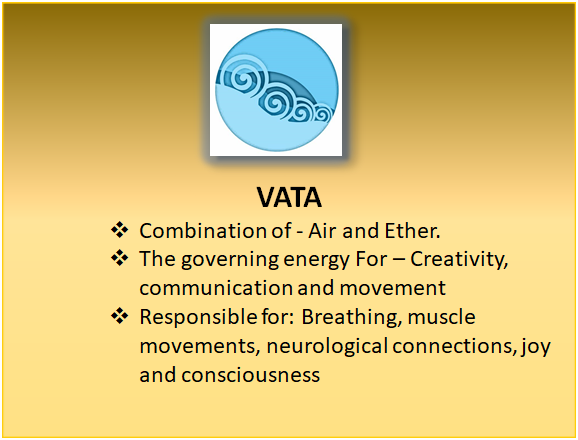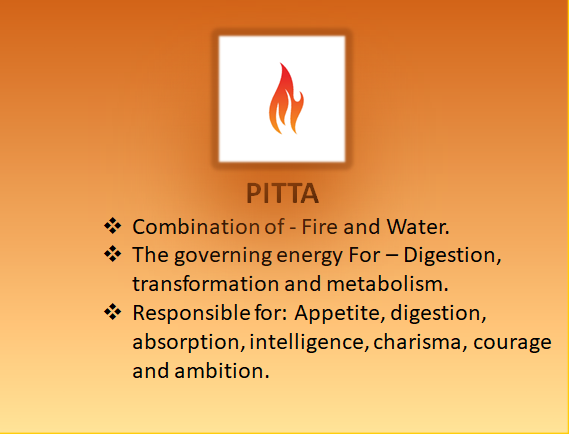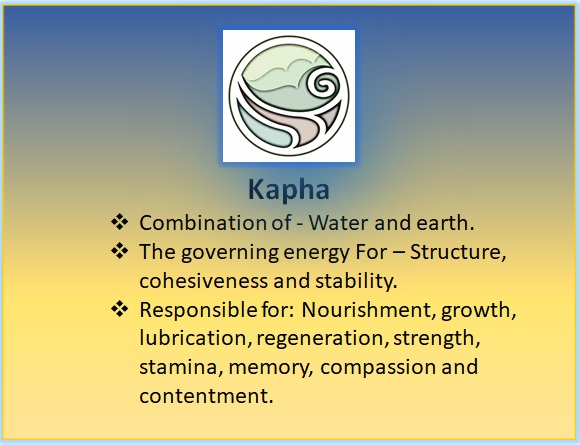Ayurveda & You
Ayurveda, originated in India over 5000 years ago, is a holistic healing system. The word Ayurveda comprises of two words from Sanskrit (ancient Indian language) – Ayur – meaning ‘The Life or Longevity’ and Veda – meaning ‘Science or Knowledge’, therefore ‘the science of longevity’ can be considered as literal meaning of Ayurveda. As the name suggests principle of Ayurveda are focused on living a balanced life to maximise your health potential.
-
- Sync up with our truest inner nature
- Honor and develop our strengths
- Hone in on our challenge areas
- Redirect detrimental tendencies
- Maintain balance in the face of adversity
In other words, Ayurveda is not simply about taking an herbal formula and waiting for the results. Instead, Ayurveda encourages you to be an active participant in your own journey towards healing. This involves learning about your relationship with the five elements that we are made of and the unique combinations they create called doshas, which we will explore below.
The Five Elements:
It is a common knowledge that every substance in universe is made of five elements:
-
- Ether (Space)
- Air
- Fire
- Water
- Earth
It is believed that in a given substance one or two of these elements are typically predominant over others. As per Ayurveda the human bodies are also made of these elements and their unique combination make us all uniquely different from other human beings.
The Doshas – Three constitutional Type:
Although we are all beautifully unique, and there are as many constitutions as there are people. Ayurveda divides us into three main constitutional types or the three Doshas.
-
- Vata
- Pitta
- Kapha
These doshas are qualities that influence all of the body’s functions, from biological processes to thoughts and emotions. All three doshas are present in everyone, but the ratio between them varies a great deal from one person to another. We will get to that in a moment, but first, here is an overview of the essential nature of each dosha.
Characteristics of Vata Dosha in any person:
Physical Characteristics: Those with a predominance of Vata dosha usually have a thin, light frame and excellent agility. Their energy comes in bursts, and they are likely to experience sudden bouts of fatigue. Vatas typically have dry skin and hair and cold hands and feet. They sleep lightly and their digestion can be sensitive. When the Vata dosha becomes imbalanced, it manifests in the body as weight loss (not always), constipation, hypertension, arthritis, weakness, restlessness, and digestive challenges.
Emotional characteristics: Vatas love excitement and new experiences. They are quick to anger but also to forgive. When Vatas are in balance, they are energetic, creative, and flexible. They also take initiative and are lively conversationalists. When imbalanced, they are prone to worry and anxiousness and often suffer from insomnia. When they feel overwhelmed or stressed, their response is, “What did I do wrong?”
Characteristics of Pitta Dosha in any person:
Physical Characteristics: Pittas are usually of medium size and weight. They sometimes have bright red hair, but early greying, baldness or thinning hair is also common in a Pitta. They have excellent digestion, which sometimes leads them to believe they can eat anything. They have a warm body temperature. They sleep soundly for short periods of time and have a strong sex drive. When in balance, Pittas have a lustrous complexion, perfect digestion, abundant energy, and a strong appetite. When out of balance, Pittas may suffer from skin rashes, burning sensations, peptic ulcers, excessive body heat, heartburn, and indigestion.
Emotional characteristics: Pittas have a powerful intellect and a strong ability to concentrate. When they’re in balance, they are good decision makers, teachers, managers, and speakers. They are precise, sharp-witted, direct, and often outspoken. Out-of-balance Pittas can be short-tempered, easily irritated and argumentative.
When Pittas are over-stressed, their typical response is “What did you do wrong?”
Characteristics of Kapha Dosha in any person:
Physical characteristics: Kapha types have a strong build and excellent stamina. Large, soft eyes; smooth, radiant skin; and thick hair are also typical Kapha characteristics. Those who are predominantly Kapha sleep soundly and have regular digestion. But when Kapha builds to excess, weight gain, fluid retention, and allergies manifest in the body. When they’re out of balance, Kapha types may become overweight, sleep excessively, and suffer from asthma, hayfever, diabetes, and depression.
Emotional Characteristics: Kaphas are naturally calm, thoughtful, caring and loving. They have an inherent ability to enjoy life and are comfortable with a routine. When in balance, Kaphas are strong, loyal, patient, steady, and supportive. People with an excess of Kapha tend to hold on to things, jobs, and relationships long after they are no longer nourishing or necessary. Excess Kapha in the mind manifests as a resistance to change and stubbornness. In the face of stress, the typical Kapha response is “I don’t want to deal with it.”
Each of us has a combination of these three doshas in our bodies at any given time. There is a combination of doshas we are born with, called our constitution – the ayurvedic body type, or prakriti in Sanskrit. Although present from birth these doshas are not inert, they can change according to a variety of circumstances, such as what food we eat, how happy or sad we are feeling and how late we go to bed.
We also have a state of imbalance (vikriti) which represents the doshas that are elevated within our body at a given time. If the doshas accumulate beyond healthy limits (those determined by one’s constitution), they can wreak havoc on our health.
Do you want to know more about your unique constitution(prakriti) and current imbalances(vikriti)
Book your free initial consultation
Categories
- Ayurveda (2)
Subscribe to this Knowledge Centre
Recent Posts
- Agni – The Digestive Fire October 21, 2020
- Ayurveda & You June 26, 2020




Leave a Reply